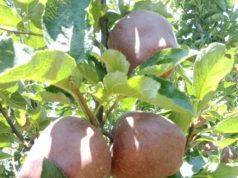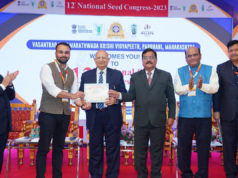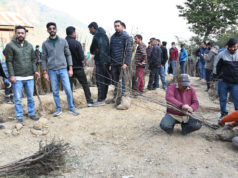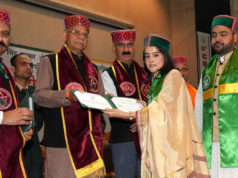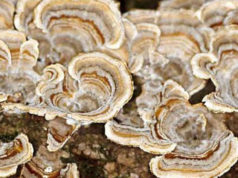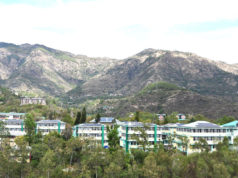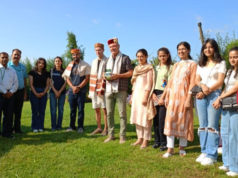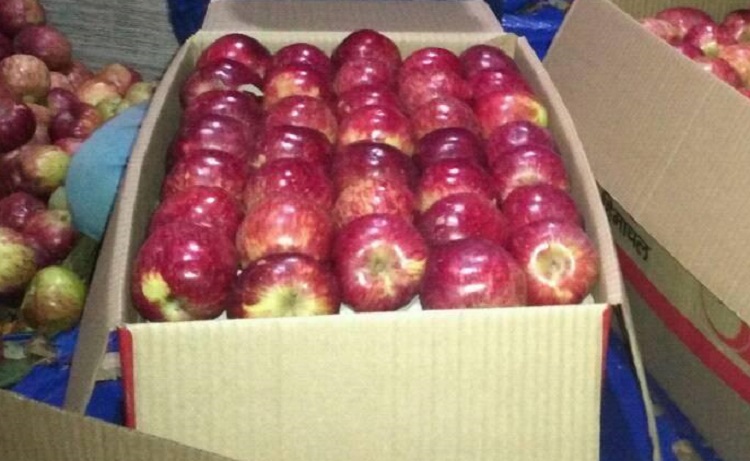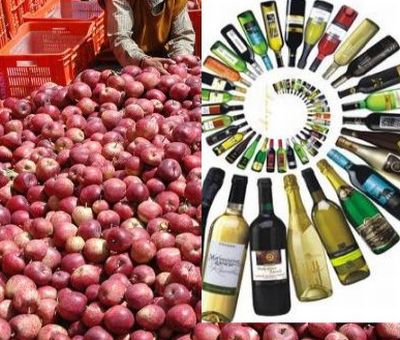Boosting Quality and Quantity: Dhingri Mushroom Cultivation Transformed through Innovative Apple Pulp Technique; Innovation Empowering Farmers and Promoting Green Practices
Nauni University has achieved a significant breakthrough in the field of agriculture, providing farmers with an innovative solution to boost Dhingri mushroom cultivation. By harnessing the potential of apple pulp, researchers at the university have successfully enhanced the quality and variety of these mushrooms, surpassing traditional cultivation methods that rely on wheat. Moreover, this pioneering technique not only eliminates the shortage of straw for mushroom growth but also significantly increases the yield, making it twice as abundant.
Dhingri mushrooms are a nutritional powerhouse, renowned for their high protein content, essential vitamins, minerals, and dietary fibers. They offer numerous health benefits, including reducing the risk of heart disease, aiding in weight loss, and supporting diabetes management. The cultivation of Dhingri mushrooms is widespread across India, including the state of Himachal Pradesh. However, local farmers face challenges in procuring wheat husk from neighbouring states such as Haryana and Punjab, as it proves costly. Recognizing the need for an alternative, Nauni University researchers turned their attention to apple residue, which is typically wasted after juicing. These remnants, which are often discarded by roadsides and processing units, are now being repurposed for mushroom cultivation.
Every year, a substantial amount of apple juice is extracted, leaving behind pomace, a bio-residue that constitutes around half of the total apple solids. Sadly, this pomace is generally dumped near processing facilities, causing environmental pollution. To address this issue, Dr. Nivedita Sharma, Head of the Department of Basic Science, and Dr. Dharmesh Gupta, from the Department of Plant Pathology, embarked on a two-year research project at Nauni University. Their objective was to explore the feasibility of using apple pomace for Dhingri mushroom production. The results of their research have been highly promising, showcasing a remarkable improvement in nutritional quality and a notable increase in yield per unit of mushrooms.
Highlighting the university’s commitment to technological advancement, Professor Rajeshwar Singh Chandel, the Vice-Chancellor of Nauni University, emphasized the significance of apple pomace as a valuable resource. Given the region’s reputation as the “mushroom city” of India, the university recognized the potential to leverage this byproduct for mushroom cultivation, turning a waste problem into a remarkable opportunity. The breakthrough not only presents a sustainable and eco-friendly approach but also creates new avenues for farmers to establish innovative enterprises.
With Nauni University’s ground-breaking research, the cultivation of Dhingri mushrooms using apple pulp marks a transformative milestone in sustainable agriculture. This remarkable development not only empowers farmers with an economically viable solution but also contributes to environmental preservation. By connecting the dots between apple pomace utilization and mushroom cultivation, Nauni University has opened doors to a greener, more prosperous future for farmers across the country.



